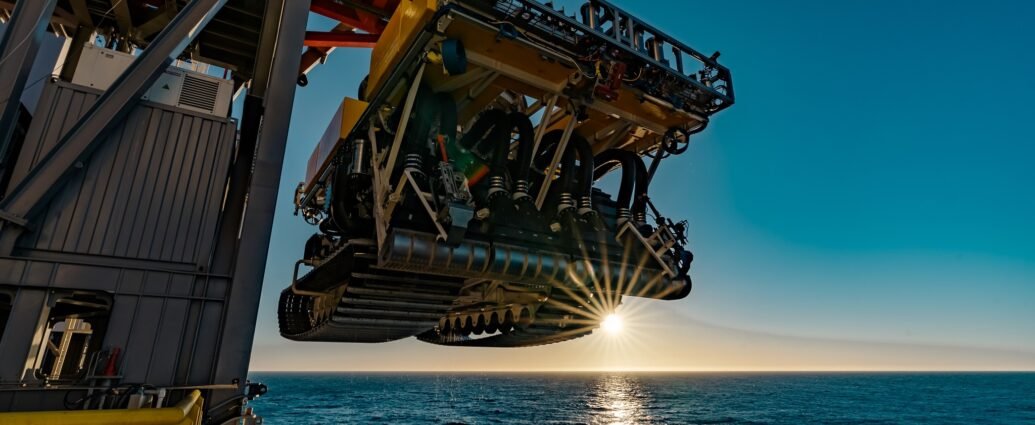The discussion about deep-sea mining has virtually solely centered on the environmental consequences: However, now some opponents of deep-sea mining claim that it would be more than simply environmentally disastrous, demonstrating how no section of the Earth’s surface will be left untouched by industrial appetites. They also claim it’s a lousy investment.

Deep-sea mining is a unique task since it involves running intricate gear in corrosive salt water at near-freezing temperatures and hundreds of pounds per square inch of pressure. It is an incredibly hostile environment
The Metals Company, which wants to quarry polymetallic nodules: egg-sized rocks containing cobalt, nickel, manganese, copper, and other metals, has stated that their first project would extract $13.1 billion in metals, is not mentioning the $7.1 billion it will cost to recover them. History shows every major ocean-based capital expenditure project in oil and gas has invariably gone over budget.

The Metals Company, which for all its aggressiveness has a share price that hovers around $1 has recently lost the confidence of shipping giant Maersk, which had been one of their main investors.
Aside from the practical difficulties, the problem of culpability looms. Mining, according to researchers, might impair the deep sea’s carbon sequestration capability by disturbing deep-sea food webs and microbial ecosystems.

It is also feasible that these changes, together with mining-induced sediment plumes, will have far-reaching consequences for commercial fisheries. Could corporations or investors be held accountable for this? It’s unknown, but it’s a possibility—and that uncertainty should be considered into deep-sea mining economics.
Furthermore, as batteries become simpler to recycle, demand for cobalt and nickel may diminish; new battery chemistries that employ cheap, ubiquitous metals like iron, sulfur, and sodium are fast becoming more advanced.

Half of all new Teslas already contain nickel- and cobalt-free batteries, and if that trend continues the demand for—and price of—deep-sea metals would plummet. The likelihood of battery-industry change raises a troubling possibility: that deep-sea ecosystems could be destroyed for metals that will only be needed for a few more years.
“Economics and costs are a huge risk.”
Reference- National Geographic, UN website, Vox, The Metals Company website, Nautilus





